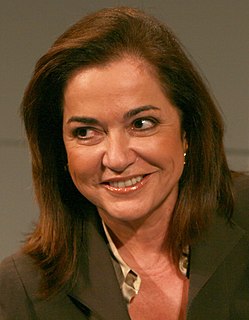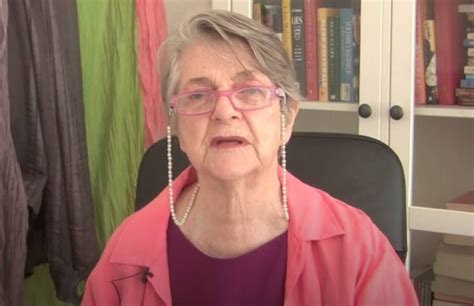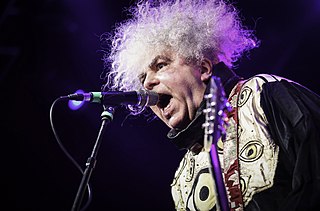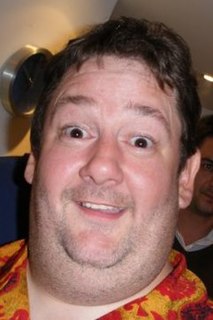A Quote by Ted Nelson
I thought I was going to be a filmmaker but at the same time I was an intellectual and I felt that I could make a contribution to some field, as yet, not invented.
Related Quotes
The interesting thing is that the 82% of the Greeks do not want to abandon the Euro. They really believe that there might be some kind of magical way where we could stay in the Eurozone but do not do our homework. This is not possible. So what we are trying to do is explain, you know, we in Greece invented democracy but we also invented at the same time populism.
Every time you worry that you could get trapped in some kind of work you don't care about, you're dealing with the problem of meaningfulness. I guarantee that in the back of your mind is the thought that somehow you have to make a contribution to something, be acknowledged, do something that matters-or you're just fooling around.
I left film because I felt that photography was my art. It was something I could do on my own, whereas film was so collaborative. I thought as a photographer I could make something that was artistic and that was mine, and I liked that. And it wasn't until I got back into film and I have very small crews and I could do very tiny filmmaking that wasn't 100 people that I still felt that I was making something artistic as a filmmaker. So, you know, I'm an artist, and whether it's photography or film, I want my voice to be there and I think my voice is very strong in this film.
I have sat with the mothers who have lost addicted sons. I have sat with families of kids who have been killed in drug-related gang violence. I have been to the prisons. I have seen the effects. At some point in time, I felt I had to do something other than write a novel about it, that I needed to try to make some sort of contribution, at least try to make some sort of difference in the real world.
It has a lot to do with just sort of trust in the relationship that builds between the filmmaker and the subject. There are some people who will never be relaxed in front of a camera, and in some ways that's my failing as a filmmaker to not put them at ease. It's also a function of time, and if you have that type of time.
Every time we have a thought that's not a thought of kindness towards others - then we've left the field of intention and, therefore, lost the power of the field of intention, as well. The whole idea is to connect yourself back to this field from which all things emanate, to return to your source and watch it in every thought that you have.
I've always been keenly aware of the passing of time. I've always thought that I was old. Even when I was twelve, I thought it was awful to be thirty. I felt that something was lost. At the same time, I was aware of what I could gain, and certain periods of my life have taught me a great deal. But, in spite of everything, I've always been haunted by the passing of time and by the fact that death keeps closing in on us.



































